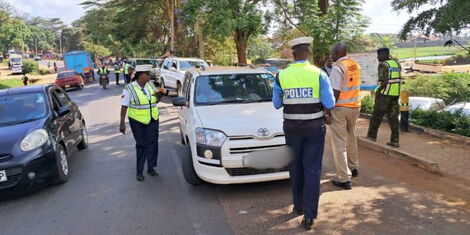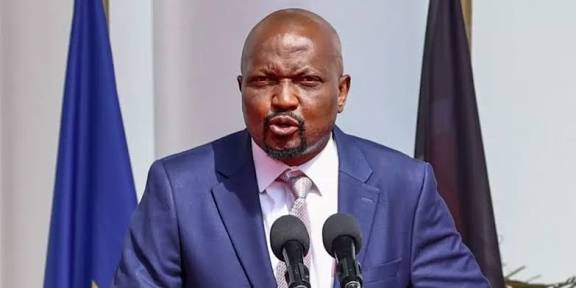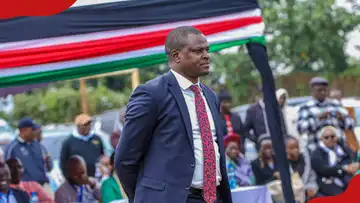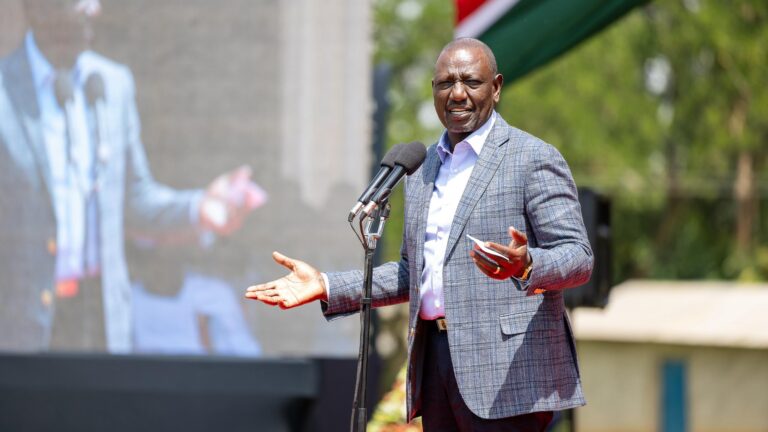
President William Ruto’s flagship struggle against corruption has been dramatically derailed after the Senate rejected vital amendments to the Conflict of Interest Bill.
The move leaves Kenya’s anti-corruption framework weakened, its reputation with lenders tarnished, and the governance reforms Ruto has championed hanging in limbo.
Senate Rejects Critical Amendments.
The Senate’s decision, announced last week, reverses key changes mooted by the National Assembly—changes designed to strengthen accountability by expanding definitions of “relatives,” tightening mandatory asset declarations, and vesting the Ethics and Anti‑Corruption Commission (EACC) with enforcement powers .
Lawmakers from the Upper House argued these provisions were excessive or unworkable.However, critics blasted the Senate’s actions as opening “fertile ground for corruption” by significantly diluting enforcement mechanisms .
The fallout is sudden and severe, threatening to unravel what many saw as a major leap in Kenya’s war on public-sector graft.
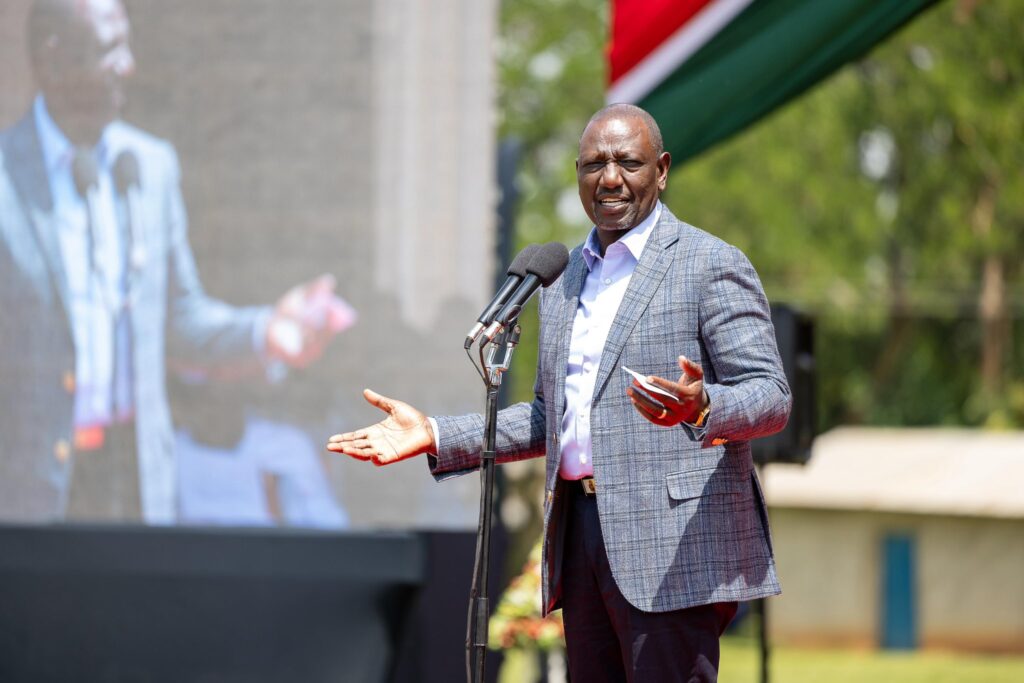
Ruto Left in Political and Economic Crossfire.
Stung by the Senate’s move, President Ruto has publicly lambasted Parliament for “sabotaging” his anti-corruption agenda, accusing senators of effectively harbouring conflicts of interest . His frustrations echo through State House, which insists the diluted bill fails to meet constitutional standards of integrity.
The timing couldn’t be worse. Kenya had hoped to unlock a KSh 104 bn (≈US 800 m) financing package from the World Bank, conditional on the passage of a robust Conflict of Interest law.
Although the World Bank recently disbursed an initial KSh 77 bn loan, the remainder remains on hold pending legal reforms—now jeopardised .Treasury officials, including CS John Mbadi, had signaled that the second tranche of funds was expected in June—delayed now by the legislative impasse .
This freeze risks hindering government projects across infrastructure, health, and education, with knock-on effects for investor confidence.
Political Gridlock and Institutional Tug-of-War.
The standoff underscores a deeper institutional conflict between Kenya’s bicameral houses. The National Assembly, spearheaded by Majority Leader Kimani Ichung’wah, had adopted sweeping amendments extending conflict‑of‑interest scrutiny to a wider circle of officials and recalibrating asset declaration thresholds .
In contrast, the Senate—citing fears of overreach—wholesale rejected the enhancements.This clash has pushed the Bill into a complex mediation process, with no guarantee of reconciliation. If the two chambers don’t resolve their differences, the law risks becoming stuck in perpetuity.
Implications for Kenya’s Governance and Global Standing.
Without a strengthened Conflict of Interest law, Kenya’s anti-corruption architecture remains critically exposed. A toothless legislation would empower public officials to mask their interests, perpetuating opacity in governance.Internationally, investors and lending institutions are watching closely.
The World Bank has made this legislation a cornerstone of its support package. The failure to pass a meaningful bill may freeze the next round of funding and undermine Kenya’s negotiating power in global forums.
The Senate’s rejection of the bill’s key reforms is nothing short of shocking. It halts President Ruto’s high-profile anti-graft agenda, stalls essential funding, and lays bare the fragility of Kenya’s reform process.
With mediation looming and the World Bank’s funds in jeopardy, the nation faces a pivotal crossroads. Kenya’s future anti-corruption momentum hinges on whether its lawmakers can rise above political divides—or resign themselves to stalled reform.


